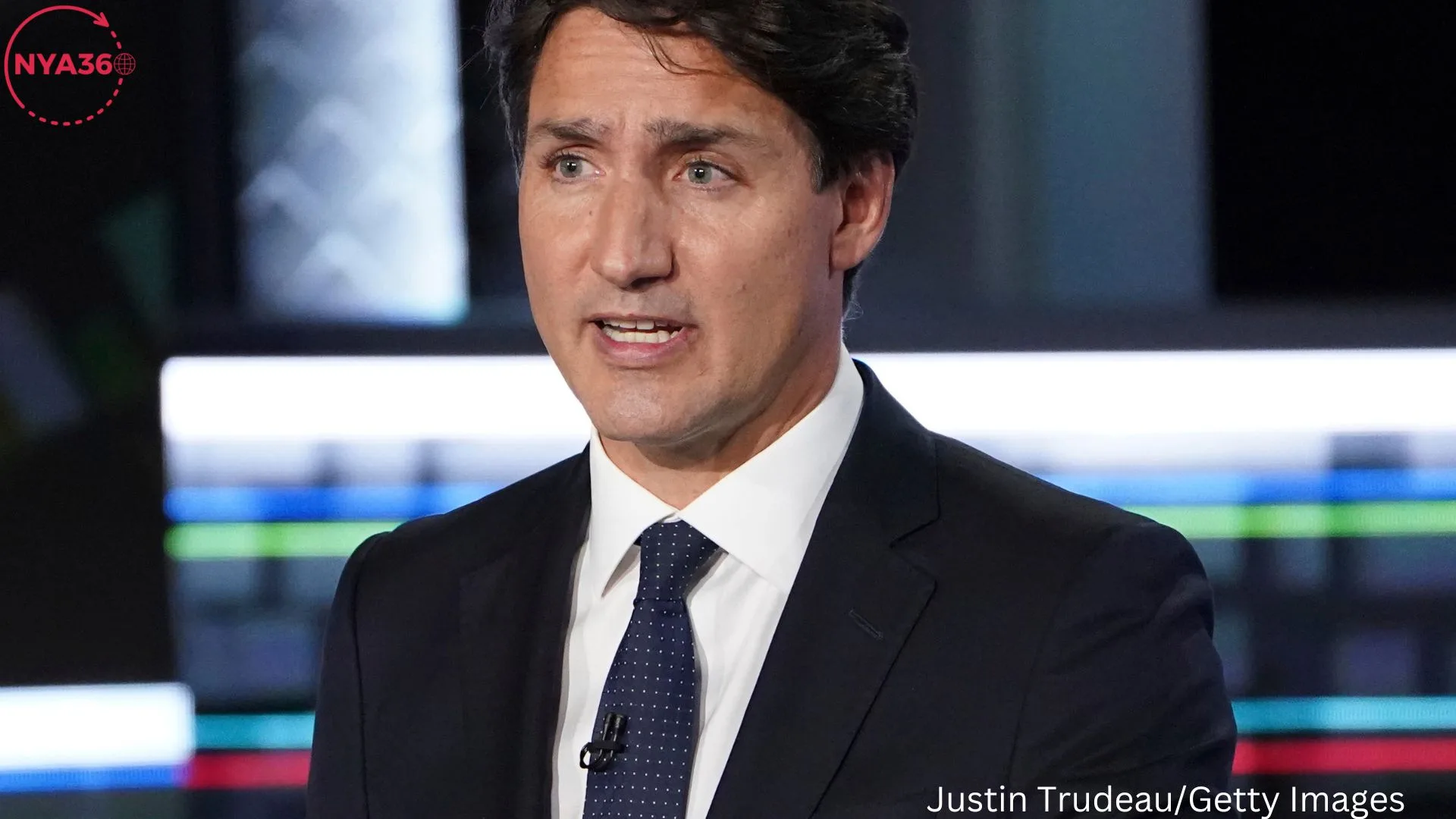Efforts to trigger an early election with the intention of ousting a current Prime Minister, like Justin Trudeau, are frequently observed in democratic countries. They frequently originate from diverse sentiments among the electorate, encompassing discontent with the present government’s policies, leadership approach, or management of national matters.
The motivation for such a petition could arise from various factors. Possible factors contributing to public dissatisfaction may encompass specific governmental choices that have sparked discontent, controversies surrounding the Prime Minister or the ruling party, claims of misbehavior, or a general yearning for a change in leadership.
Coordinating a petition to initiate an early election generally entails rallying citizens or interest groups through diverse platforms, such as social media, grassroots campaigns, or community outreach initiatives. The objective is to amass a significant quantity of signatures or public backing, showcasing a pervasive discontent or a fervent need for a shift in leadership.
The effectiveness and influence of a petition can depend on the level of public support it receives. A substantial number of signatures or extensive public support can indicate the magnitude of discontent, or the pressing sense of necessity felt by citizens over the requirement for a governmental transformation.
In Canada’s parliamentary system, the prerogative to convene a premature election lies predominantly with the Prime Minister or the governing party. The current administration ultimately holds the authority to dissolve Parliament and call for an early election, notwithstanding the influence and attention that public sentiment and petitions may generate.
According to Canadian legislation, elections are scheduled to take place every four years on a predetermined day. However, there are provisions that allow for early elections to be held under certain situations. Examples of circumstances that could lead to an early election include a vote of no confidence in the government or a choice by the Prime Minister to seek a renewed mandate.
The repercussions of a petition calling for an early election to oust Justin Trudeau would transcend the immediate result. A gauge of public mood, it would indicate discontent with the Prime Minister’s leadership or the government’s policies. Moreover, it has the potential to foster political dialogue, sway public sentiment, and mold the policy priorities of political factions.
The viability and impact of a petition are heavily influenced by political dynamics, legal issues, and the broader socio-political landscape. Regardless of the significant support a petition may receive, the decision to have an early election depends on various variables such as constitutional obligations, political tactics, and the Prime Minister’s discretion.
In summary, however speculative, a petition in Canada advocating for an early election to oust Justin Trudeau would mirror the dissatisfaction or aspiration for a shift in leadership among the populace. The decision to dissolve Parliament and call for an early election entails intricate deliberations that extend beyond popular opinion and necessitates legal and political evaluation. However, these petitions are crucial in expressing the concerns of citizens, exerting influence on political discussions, and molding the political environment in Canada.
Folow us on social media: Instagram, Threads & Twitter X @nya360_ YouTube & Facebook @nya360.





